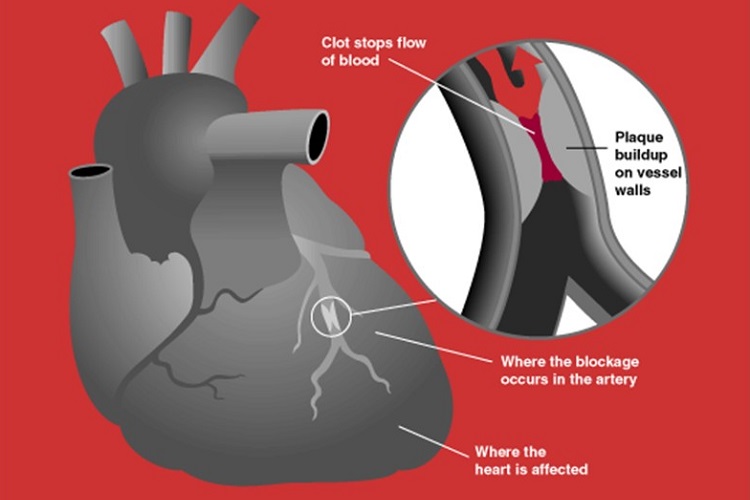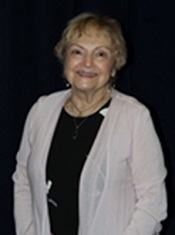

By Mary Jane Dittmar
At the end of this month, the National Cardiogenic Shock Initiative will be introduced on the national level at a meeting in Denver, Colorado. The new protocol was field tested in southwest Michigan; according to the cardiologist leading the initiative, it has increased the survival rates of patients who suffered cardiac arrest and who were in cardiogenic shock. Perhaps this new protocol may be one answer to decreasing fatalities among our citizens and responders as well.
The inaugural meeting of the National Cardiogenic Shock Initiative (NCSI) is scheduled for October 29 (after press time) in Denver at the annual educational meeting on interventional cardiovascular medicine. Medical professionals representing hospital systems from across the United States are expected to attend to help get underway for “a national effort to dramatically increase survival rates for patients in cardiogenic shock after suffering a heart attack,” according to NCSI.
“We saw such success in Detroit, and we would like to share this life-saving knowledge with others,” explains Dr. William W. O’Neill, medical director of the Center for Structural Heart Disease at Henry Ford Hospital, who is the cardiologist leading the NCSI effort. The NCSI is a natural evolution of the successful Detroit CSI, in which cardiogenic shock survival rates across southeast Michigan increased from 51 percent to 76 percent when shock patients were provided rapid hemodynamic support before treating the cause of a heart attack.
Cardiogenic shock occurs in about five to eight percent of heart attack patients in the United States annually. The pump function of the heart is severely depressed and causes blood pressure to drop so low that the vital organs are deprived of a sufficient blood supply. Despite contemporary treatments, an average of about 50 percent of patients experiencing the condition die, notes Dr. O’Neill.
This protocol involves inserting an Impella straw-sized pump, approved by the FDA in 2008 and specifically for treatment of cardiogenic shock in 2016, through a catheter in the groin and into the heart to keep blood pumping throughout the body. The pump supports circulation while the doctor treats the cause of the heart attack. The protocol is based on retrospective data collected by Abiomed (Massachusetts), the pump’s manufacturer. The study cohort consisted of 15,529 patients (72 percent of men with an average age of 63) treated between 2009 and 2017. The result indicated that survival rates increased when the pump was inserted first, before any other medical treatments were undertaken.
O’Neill tested the best practices in five hospital systems (Beaumont Hospital, Detroit Medical Center, Ascension’s St. John and Providence Hospital, and Saint Joseph Mercy Health System.in southeast Michigan that followed a specific protocol in acute myocardial infarction patients who showed signs of cardiogenic shock between July 2016 and April 2017. Of the 41 patients supported with the Detroit Cardiogenic Shock Initiative protocol, 31 or 76 percent survived.
The key to the protocol is medical personnel recognizing cardiogenic shock in patients as soon as possible, O’Neill adds. “If they think the patient needs medication to raise the blood pressure, that’s when they should be thinking, ‘Get them someplace where they can get a pump implanted.’”
For more information on the initiative, visit https://www.henryford.com/national-csi or contact Tammy Battaglia, Henry Ford Health System at Tbattag1@hfhs.org.
 Mary Jane Dittmar is senior associate editor of Fire Engineering and conference manager of FDIC. Before joining the magazine in January 1991, she served as editor of a trade magazine in the health/nutrition market and held various positions in the educational and medical advertising fields. She has a bachelor’s degree in English/journalism and a master’s degree in communication arts.
Mary Jane Dittmar is senior associate editor of Fire Engineering and conference manager of FDIC. Before joining the magazine in January 1991, she served as editor of a trade magazine in the health/nutrition market and held various positions in the educational and medical advertising fields. She has a bachelor’s degree in English/journalism and a master’s degree in communication arts.

